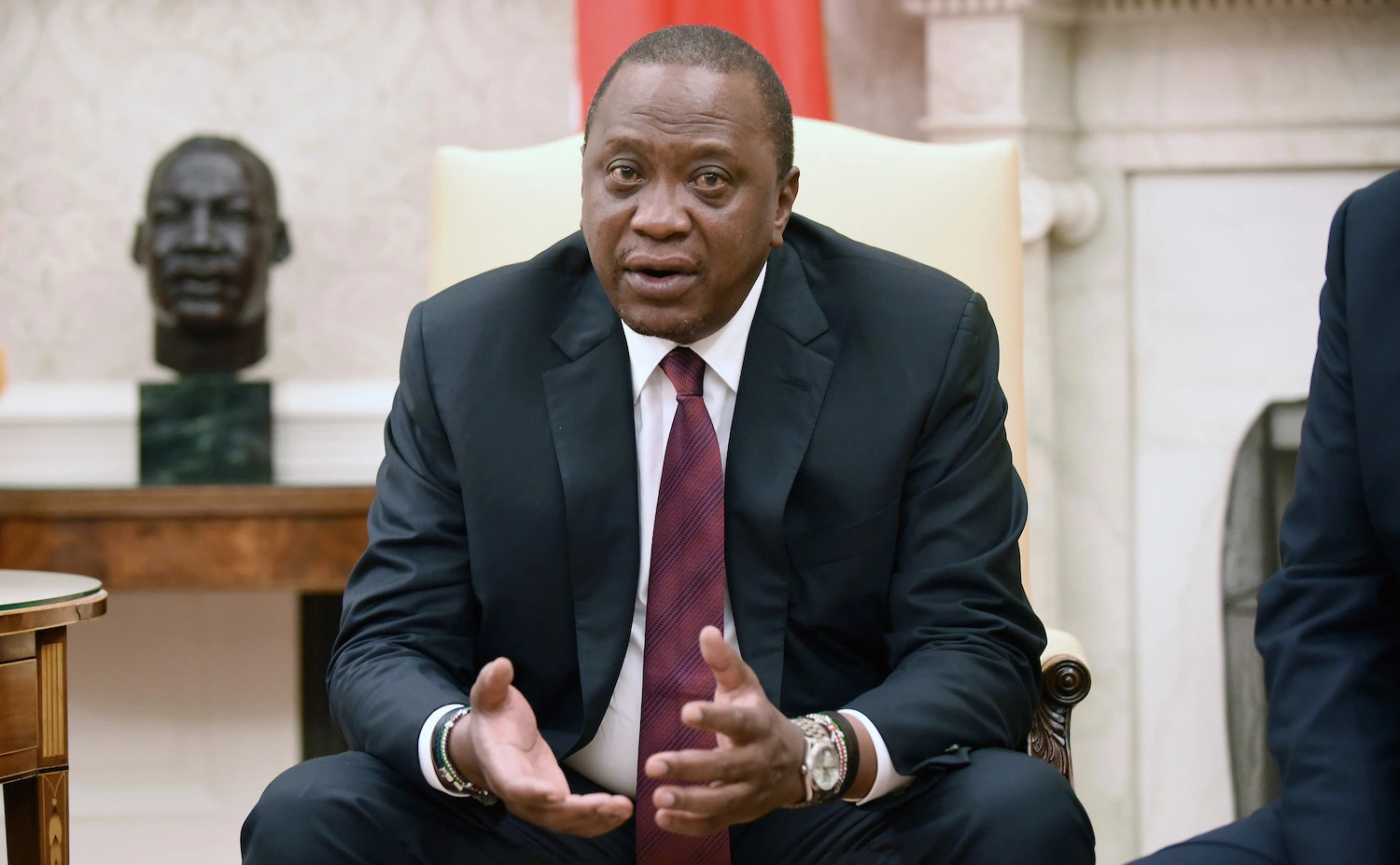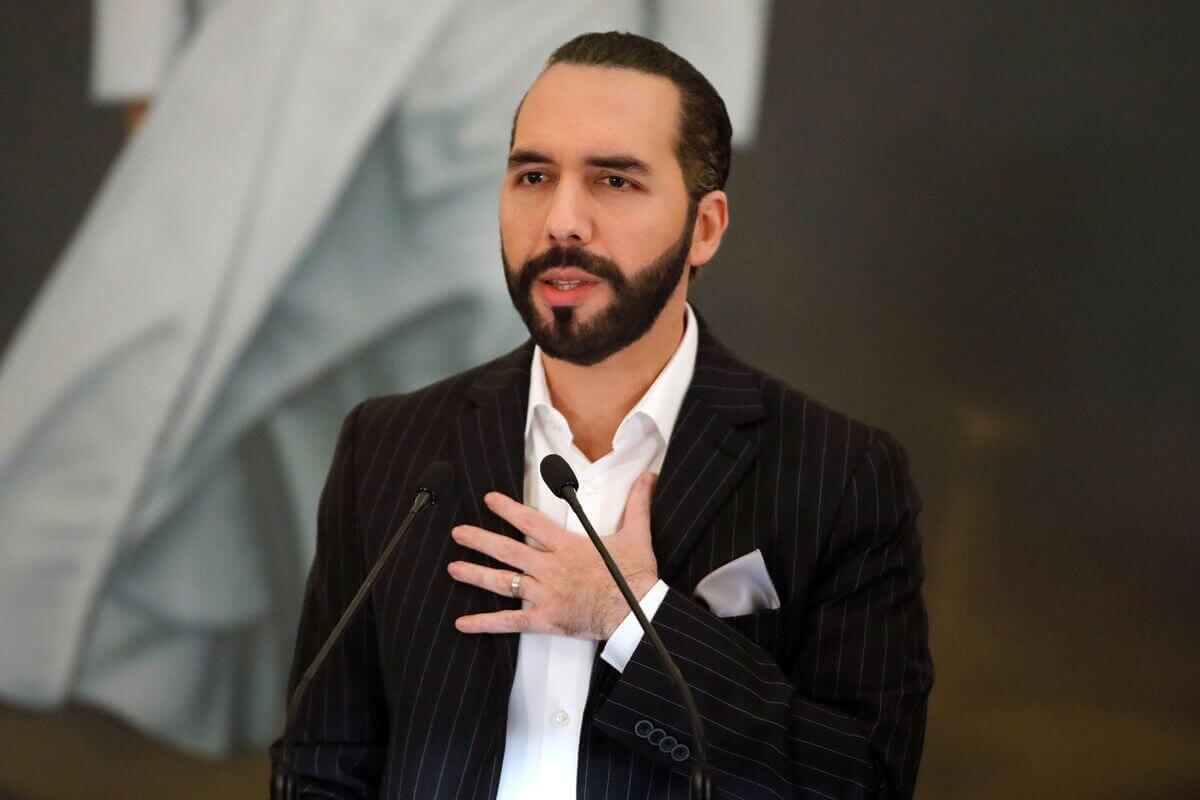South Asia
David Miliband, the chief executive of the International Rescue Committee, said that donor countries have raised merely $2.2 billion for Afghanistan, well short of the $4.4 billion target. The shortage has been attributed to several Middle Eastern countries—including the United Arab Emirates and Saudi Arabia, who have been significant contributors to such collections in the past—holding back from contributing to a fund that they believe could strengthen the Taliban’s efforts to establish itself as a legitimate government. [The Guardian]
From Friday, the price for locally produced natural gas in India will be increased by more than double the original price of $2.90 per million metric British thermal units to $6.2. This meteoric rise is a reflection of the surge in global energy prices, which has created inflationary pressures in India. [Reuters]
Central Asia and the Caucasus
Turkmen authorities are taking measures intended to ensure that the Berdimuhamedov family remains in power for the foreseeable future. According to RFE/RL, authorities have been forcing taxi drivers to have a portrait of newly elected President Serdar Berdimuhamedov on the windshields of their cars. Similarly, local officials in several states are being ordered to download songs by former President Gurbanguly as ringtones. [RFE/RL]
Russian President Vladimir Putin held separate phone conversations with Armenian Prime Minister Nikol Pashinyan and Azerbaijani President Ilham Aliyev on Thursday to discuss the escalating situation in Nagorno-Karabakh. Putin urged both leaders to take steps to resolve differences and ensure the region’s security and stability after Azerbaijan violated the line of contact established in the aftermath of the 2020 war. [Public Radio of Armenia]
East and Southeast Asia
South Korea and the United States will resume joint military drills from next month as tensions with North Korea escalate. The drills, which serve to ramp up aggressive messaging, will for the first time in years involve more weaponry and troops. Further, South Korea’s Ministry of Defence denied speculation of plans to hold a trilateral drill with Japan. [The Straits Times]
Chinese military spokesperson Wu Qian urged Japan on Thursday to stay out of Taiwan, describing it as China’s internal affair. “China urges Japan to deeply reflect on its history, respect the security concerns of its Asian neighbours, and stay committed to the path of peaceful development, not the other way around,” he said. [The People’s Daily]
Europe
On Thursday, the Danish defence ministry said the North Atlantic Treaty Organization (NATO) had requested the country to send a contingent of 800 troops to Latvia to strengthen NATO’s eastern flank. Earlier this week, Danish Prime Minister Mette Frederiksen noted the country’s readiness to send troops to Baltic states upon NATO’s request but pending parliamentary approval. [Reuters]
The United Kingdom announced fresh sanctions against 14 Russian organisations and individuals, including state-owned media organisations such as RT and Sputnik. According to Foreign Secretary Liz Truss, these sanctions target “shameless propagandists” that broadcast “fake news and narratives.” [Reuters]
Poland’s largest bank, PKO BP, confirmed on Thursday that Ukrainian refugees in the country will be able to convert their national currency, the hryvnia, into Polish zlotys from the start of this month. The bank noted that Ukrainian citizens can exchange up to 10,000 hryvnias ($337) at around 100 locations across Poland. [The First News]
Latin America and the Caribbean
International Criminal Court Chief Prosecutor Karim Khan said yesterday during a three-day visit to Caracas that the court plans to open an office in Venezuela as part of an investigation into human rights abuses by the Maduro government since 2017. [Reuters]
El Salvador President Nayib Bukele warned parents across the country to keep their children out of the hands of gangs, as this can only lead to "prison or death." His comments follow his decision to impose a state of emergency after over 80 people were killed this past weekend in a wave of gang-related violence that has reached levels not seen in decades. [Al Jazeera]
Middle East and North Africa (MENA)
The United Nations Security Council voted yesterday to unanimously approve the establishment of a new African Union (AU) peacekeeping force in Somalia. The current AU mission’s mandate was set to expire on Thursday. The new force will enable Somali forces to take primary responsibility for security, in light of the recent spike in suicide bombings by Al Shabaab. [AFP]
The World Bank has approved $300 million in humanitarian assistance to Yemen. The funds will be used to support cash transfers, create employment and economic opportunities, increase access to basic services, provide food aid, combat climate change, and help the country’s COVID-19 response. [World Bank]

North America
On Thursday, the United States (US) government returned two stolen ancient sculptures back to Libya. The artefacts date back to the 4th century BC and belong to the ancient Greek city of Cyrene. The US embassy in Tripoli hailed efforts to repatriate the items that were first brought into the US illegally. Authorities thanked the Manhattan District Attorney’s office as they were put up on display by the Libyan government in Tripoli. [Associated Press]
As the United States (US) Congress nears its two-week break, American lawmakers are closing in on passing a $10 billion COVID-19 relief package. The initial $22 billion bill underwent significant cuts as Republican lawmakers insisted the bill include reprogrammed COVID-19 funds. President Joe Biden has urged Congress to act immediately, warning that “The consequences of inaction are severe.” [ABC News]
Oceania
On Friday, Australian Prime Minister Scott Morrison said the country would send the Australian-made Bushmaster armoured vehicles to Ukraine. The decision was made in response to a request for additional military aid by Ukrainian President Volodymyr Zelensky during his address to the Australian parliament on Thursday. Prior to Zelensky’s address, Morrison had committed an additional $18.7 million in military support. [The Sydney Morning Herald]
On Thursday, Australian Foreign Minister Marise Payne said the Beijing Court deferred its verdict at the end of Australian journalist Cheng Lei’s trial over charges of selling state secrets. Payne added, “The Australian Government respects the sovereignty of China’s legal system. However, Ms Cheng’s case has lacked transparency, and the Australian Government has never been provided with details of the charges.” [Reuters]
Sub-Saharan Africa
On Thursday, Kenya’s Supreme Court rejected President Uhuru Kenyatta’s bid to amend the constitution ahead of the election in August, in which Kenyatta has put his weight behind opposition leader Raila Odinga to succeed him. Kenyatta was seeking to expand the powers of the executive branch and introduce new positions such as prime minister, two deputies, and a leader of the official opposition. He also sought to create 70 new constituencies, which would have added to the already 349-member parliament. The court, however, ruled that a sitting president is not legally permitted to introduce constitutional amendments. [The New York Times]
The Burundian government has removed sanctions against the BBC and allowed it to once again operate in the country, three years after its license was revoked under now-former President Pierre Nkurunziza. Incumbent President Evariste Ndayishimiye has sought to increase media freedoms in the country, which was ranked 147th out of 180 countries on the 2021 World Press Freedom Index. [The East African]

